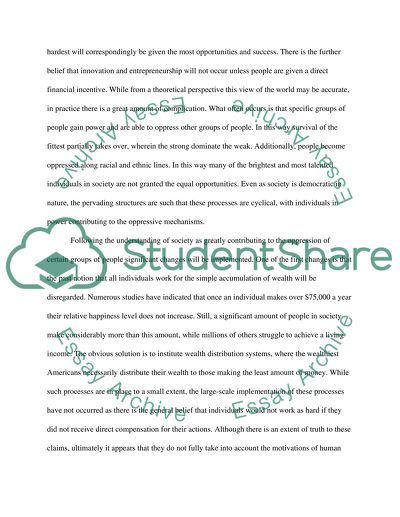Cite this document
(“In A Theory of Justice, John Rawls Essay Example | Topics and Well Written Essays - 1500 words”, n.d.)
Retrieved from https://studentshare.org/philosophy/1459868-in-a-theory-of-justice-john-rawls
Retrieved from https://studentshare.org/philosophy/1459868-in-a-theory-of-justice-john-rawls
(In A Theory of Justice, John Rawls Essay Example | Topics and Well Written Essays - 1500 Words)
https://studentshare.org/philosophy/1459868-in-a-theory-of-justice-john-rawls.
https://studentshare.org/philosophy/1459868-in-a-theory-of-justice-john-rawls.
“In A Theory of Justice, John Rawls Essay Example | Topics and Well Written Essays - 1500 Words”, n.d. https://studentshare.org/philosophy/1459868-in-a-theory-of-justice-john-rawls.


